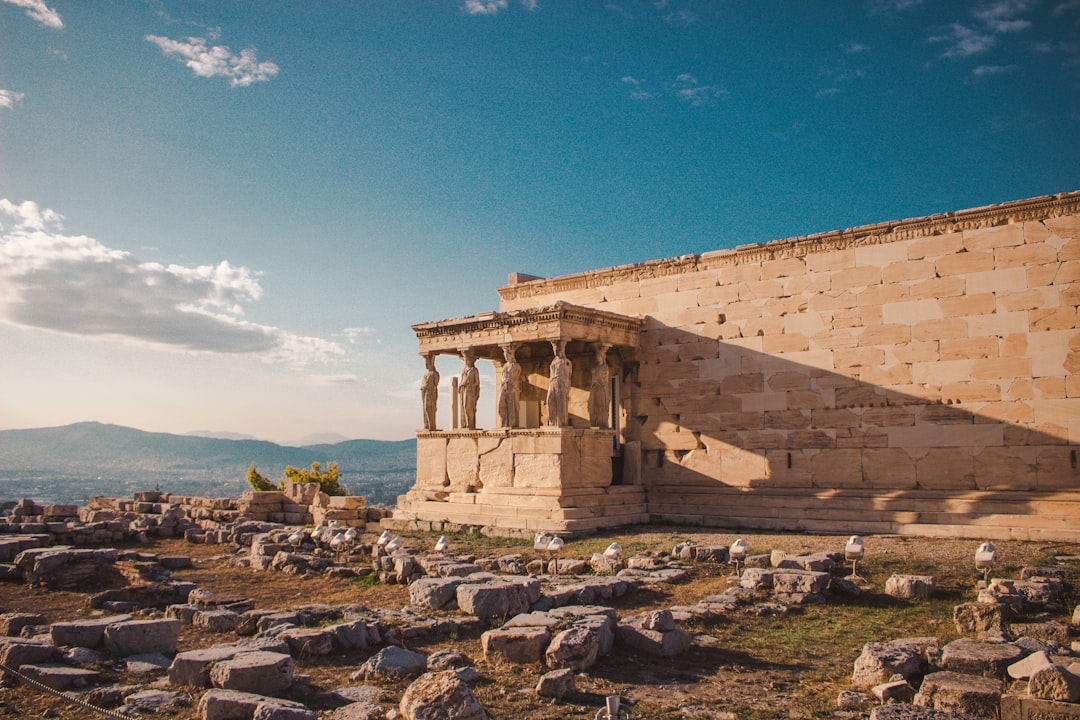What is it about?
The Unnamable challenges Enlightenment versions of progress whereby journeys and stories advance toward an end, but to equate the work with impasse is to miss its generative potential. Invoking Derrida’s re-conceptualization of aporia as a refashioning of the meaning of progress, I read the novel’s radical doubt as an alternative to dialectical advancement – as a strategy for redesigning the concept of the limit in concert with one’s surroundings. What The Unnamable dramatizes under the sign of aporia is a temporary imbrication within one’s environment – a merging of self, words, earth and mud – that may generate unpredictable forms, metamorphoses.
Featured Image
Read the Original
This page is a summary of: Radical Indecision: Aporia as Metamorphosis inThe Unnamable, Journal of Beckett Studies, September 2015, Edinburgh University Press,
DOI: 10.3366/jobs.2015.0135.
You can read the full text:
Contributors
The following have contributed to this page










